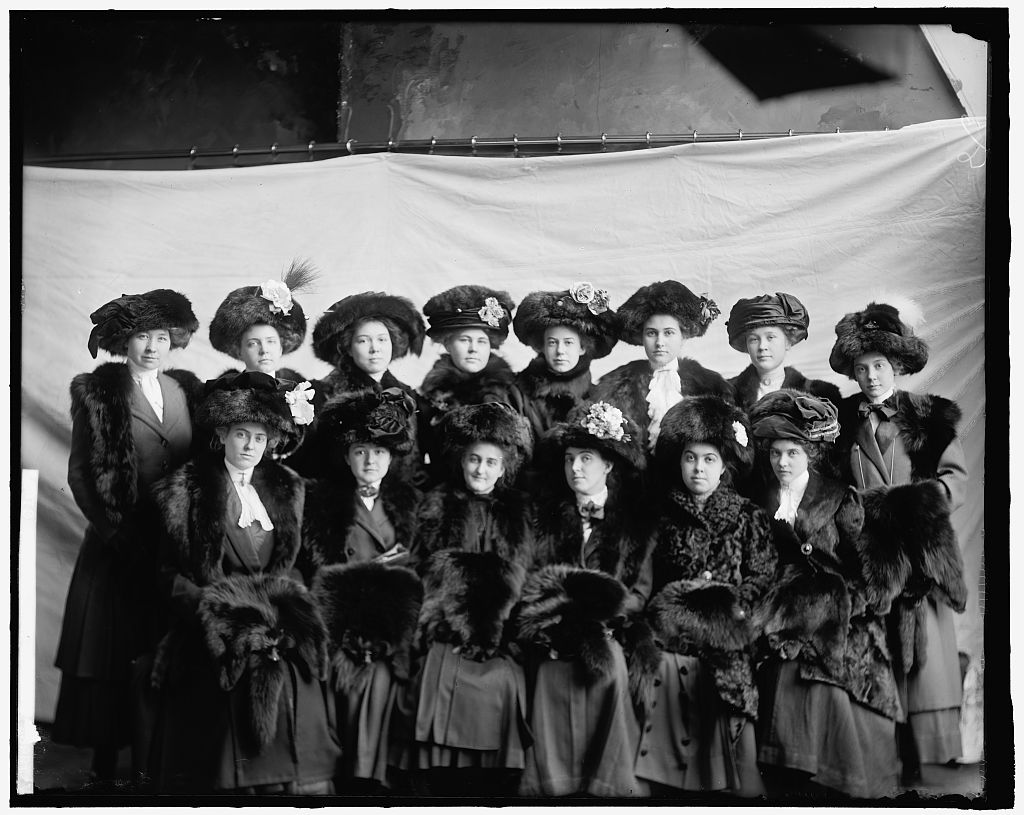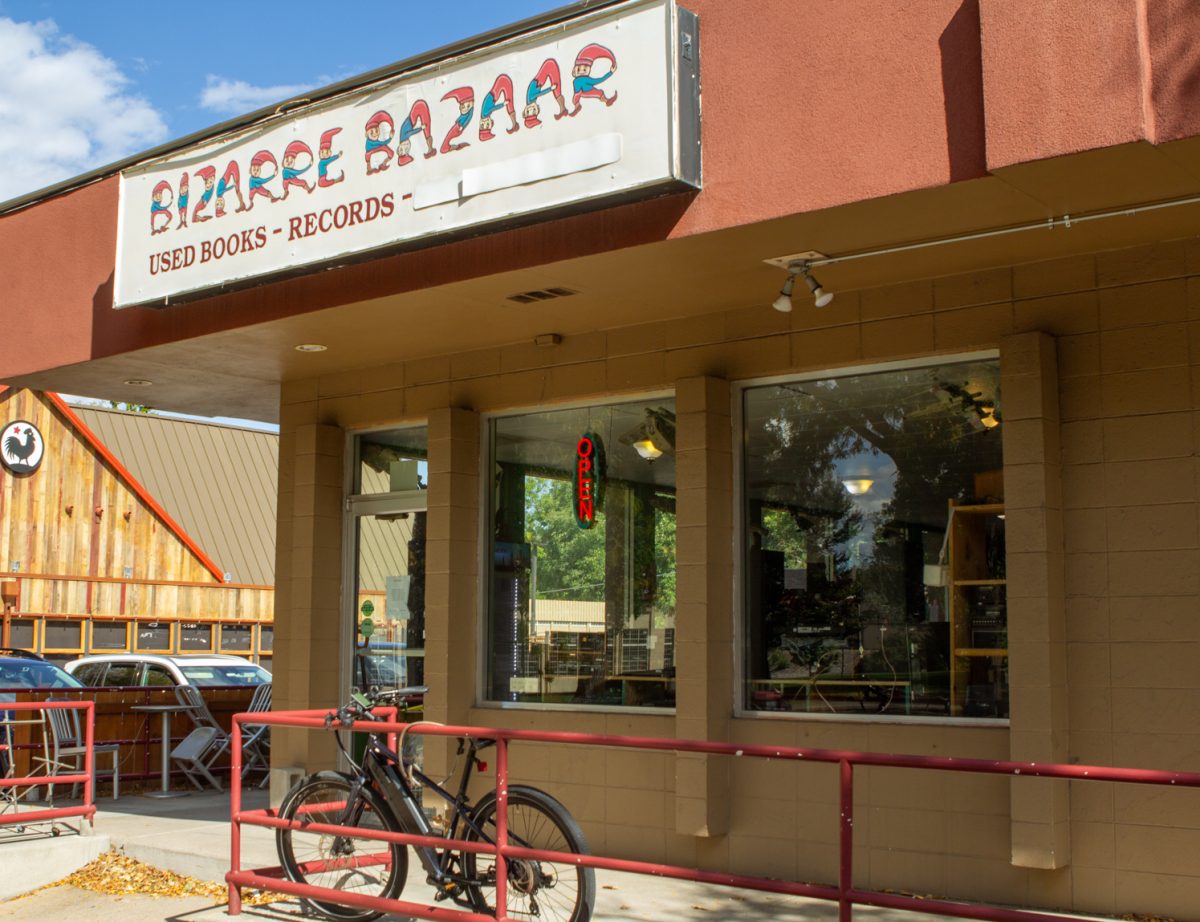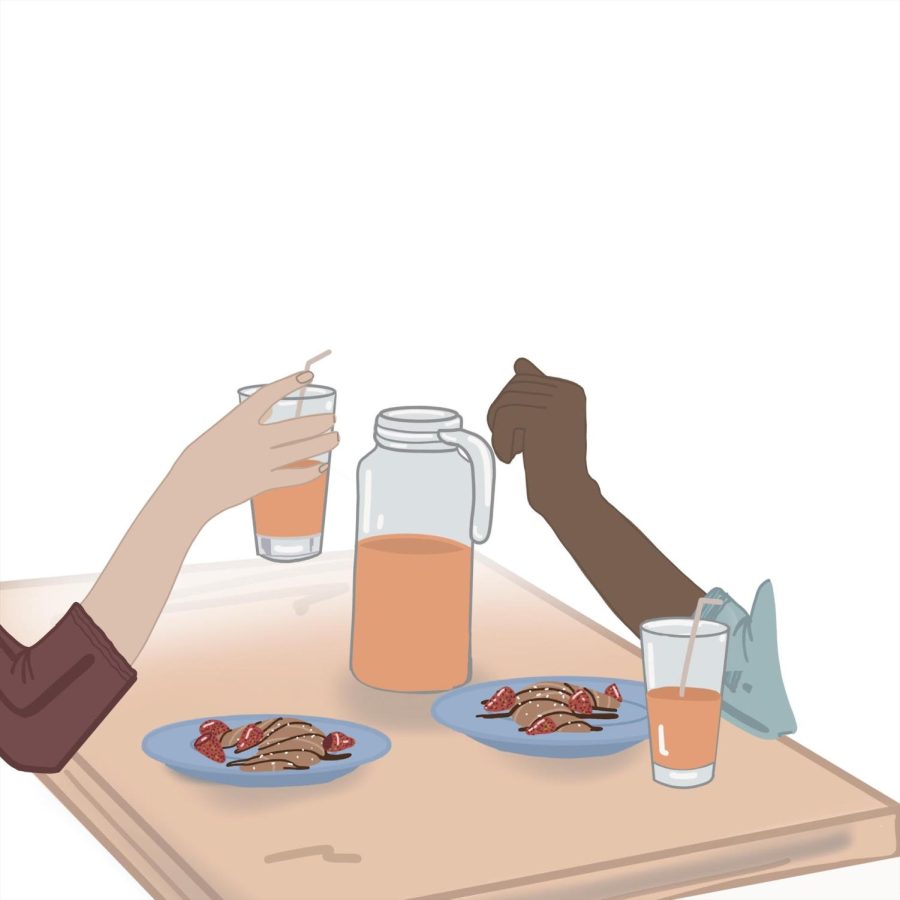Ad
Food Symbolism: How Food Connects Us
March 2, 2022
Amongst a crowded bulletin board covered in flyers, a person will likely find on at least one of these flyers a sentence in bold lettering reading, “Come to our meeting – snacks provided!”
These words are probably one of the most common phrases read on flyers advertising events, publicizing clubs and promoting organizations. Food is a huge part of a person’s life, from reuniting with their family at the dinner table, connecting with friends for a morning of coffee, or classmates joining together for a night of pizza and studying. Essentially, food is a prominent aspect in society.
Therefore, food and its symbolic meanings play an enormous psychological role in our lives; the consumption of food both defines and nurtures the relationships that people form with others.
According to a 2007 report in The Journal of Law, Medicine, and Ethics, eating behaviors evolve as a biological process directed towards meeting requirements for health and growth. The article says that throughout human history, human existence is dependent on food availability and eating behaviors evolve in response to that. Michael Pante, assistant professor of anthropology and geography, said that people have been sharing food for millions of years.
“Food is a necessary part of your life, so it becomes linked to all aspects of it,” Pante says. “And it has become a communal experience with humans. Some people might argue that that has really deep antiquity when we first started to share food and bring food back to a central place.”
Additionally, Associate Professor of hospitality management Jeffrey Miller described that centering our lives around food is an ingrained pattern in our culture.
“Maybe 300 years ago… their lives were centered on the activities around eating,” Miller says. “They grow the food, they process the food, they preserve the food, they cook the food, they shared the food in their small groups, and that was society. It’s not genetic, but it almost functions as something genetic.”
Miller explained that all the associations people think of when it comes to food, including family, fellowship, comfort, and warmth, are all powerful cultural associations that haven’t gone away, despite the increasingly digitized world. Suzanne Kent, associate professor of anthropology and geography, said that culture plays a huge role in our behavior regarding food.
“There’s a lot of rules that cultures have regarding food and what counts as food,” Kent says. “Cultures shape when we eat, how much we eat and whether or not we fast.”
An online blog discussing connecting with others through food states that food is more than nourishment – it’s a medium through which we communicate emotions, express creativity and nurture relationships. Sharing food with others, whether romantically or platonically, keeps people connected to one another.
“It [food] unifies people,” Miller says. “It’s such a big piece of what we’ve always done, but as society gets more atomized and fragmented, it’s the one thing that we can count on to [allow us to] stop and slow down, to share with our friends.”
Additionally, Miller said that almost all food holds symbolic value. Kent said that many cultural groups across time and space have used food for rituals and celebrations.
“Food represents a lot of things to a lot of people,” Miller says. “I really think from the cradle to the grave we spend time with other people, and food is so often involved, it becomes symbolic.”
Thanksgiving exemplifies a precedent of food symbolism; Miller explains that after the Civil War, the Thanksgiving feast was pushed by the United States government as a way to “heal” the country. Several foods involved in the feast were picked purely for what they symbolized in America: the turkey, an American bird, and the pumpkin pie, a squash grown in America, are just a few examples.
Food symbolism is equally as present around the world. The Chinese New Year, which begins on the new moon between Jan. 21 and Feb. 20, also involves a symbolic feast. A BBC article about food symbolism, names a few of these foods: steamed fish (referred to as nian nian you yu) represents abundance and good fortune, noodles represent a long life, oranges represent wealth, tangerines represent good luck and autumn mooncakes represent the “roundness” of the moon. While different cultural areas often eat contrasting foods, however, the meanings assigned to these different foods have similar effects on people.
“The variability in different cultures around the world and what they eat is in part related to resources, the climates they’re in, and things like that,” Pante says.
Miller says the hospitality business is booming due to the harmonious nature of food. A prime example is the Fort Collins Foodie Walk, which occurs on the third Friday of each month from 5-8 p.m. The event showcases the city’s “culinary culture and thriving foodie scene,” according to the Downtown Fort Collins website. CSU freshman Abby Zurline, a hospitality management major and food enthusiast, said the food culture is very diverse.
“There’s so many different restaurants here,” Zurline says. “If you want Mexican, you can get Mexican, if you want Italian, you can get Italian, [you can get] burgers, sandwiches, barbecue…it goes every direction that you want it to.”
While Pante agrees that the Fort Collins food culture is diverse, he said that the cuisine is more focused on American food than anything else.
“[American cuisine] is certainly the strongest cuisine that’s offered here,” Pante says. “If you try and eat ethnic food here, it’s just not to the same standards normally that you would find in some of the larger cities where there’s more competition for those types of foods.”
Regardless, the plethora of restaurants presented in Old Town Fort Collins is a prominent feature of the city that demonstrates the importance of food in today’s culture, which directly impacts our behavior and the relationships we create.
“Everybody eats,” Miller says. “It’s a real common language among everybody around the world. It’s a pinnacle social experience. We have a hard-wired need to connect with people, and ever since we were hunter-gatherers, that connection has happened around food.”





































